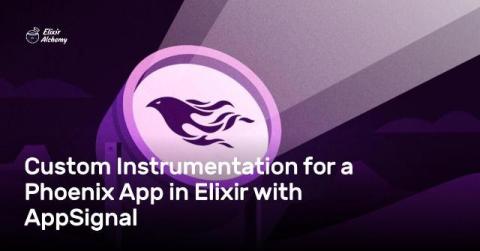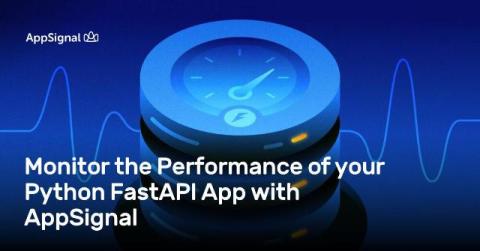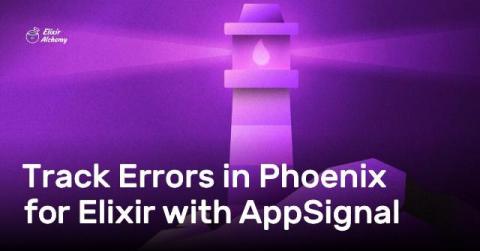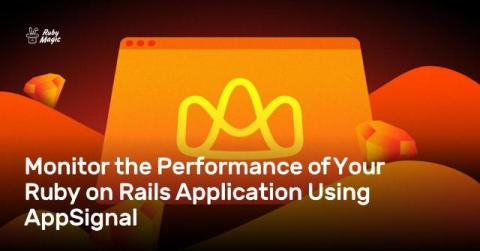AppSignal for Ruby Version 4.0
We've released version 4.0 of the AppSignal gem, which offers significant changes and improvements to our Ruby integration. In this blog post, we'll cover the core updates and explain the steps you need to take before you upgrade.











